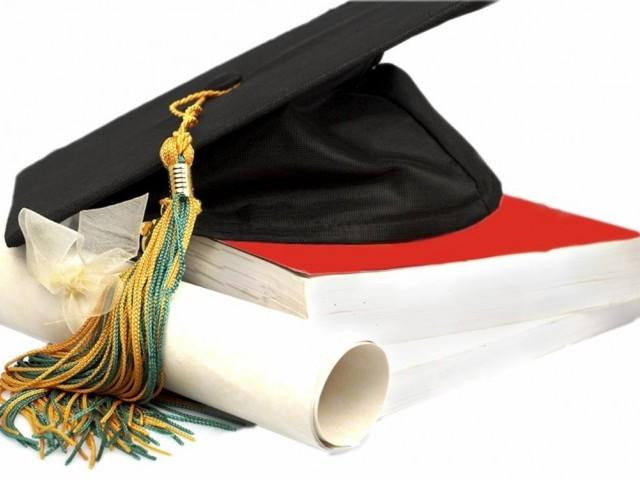Right to education
The state shall provide free and compulsory education to all children between the ages of five to sixteen years

Right to education
A month after marking International Literacy Day on September 8, Pakistan received the honour of the youngest recipient of the Nobel Peace Prize, awarded to its teenage girls’ education activist. Malala Yousufzai has campaigned for the globally acknowledged right to education for every child.
As a citizen of a nuclear-armed Asian nation, what are your rights to get an education at the state’s expense? This week, The Express Tribune looks at the laws, rules and regulations that protect every child’s right to free and compulsory education.
What the Constitution says
The country’s Constitution has failed to acknowledge free education as a fundamental right of its citizens despite undergoing three major overhauls.
In 2010, however, the Pakistani parliament inserted Article 25-A to the chapter of fundamental rights in the Constitution. It declared the provision of free and compulsory education for children aged between for five to 16 years the responsibility of the state.
The Article states: “The state shall provide free and compulsory education to all children between the ages of five to sixteen years in such manner as may be determined by law.”
Autonomous provinces
A little later, the parliament added the 18th Amendment to the Constitution, devolving various subjects from the federal concurrent list to the provinces so they may run their affairs in an efficient manner.
Incumbent and previous governments have been celebrating the historic devolution of powers meant to ensure better governance. They, however, took years, instead of days, to prepare and pass their own laws relating to education.
The largest province, Punjab, promulgated the law in mid-May this year. Sindh was quicker to pass the law in February. K-P is yet to enact the law.
Metropolitan corporations
The devolution of governance and administrative powers further down to the metropolitan level is another step to serve the masses. The metropolitan and district municipal corporations are primarily responsible for running and maintaining public schools across the country. Unfortunately, notorious ‘ghost schools’ continue to exist even in the large urban districts, such as Karachi.
Litigating for rights
In December last year, the Supreme Court ordered authorities to make ghost schools operational in their respective provinces; judicial officers had found 2,088 ghost schools during personal inspections.
Southern Sindh was reported to have the highest number (1,962) of non-operational schools, of which 419 were illegally occupied by influential individuals.
The apex court had ordered relevant authorities to make all these government schools operational.
An indifferent attitude
While the Supreme Court’s orders were equally implementable across the country, there are still various constitutional petitions pending with the Sindh High Court (SHC), pleading to order the authorities to provide facilities such as teaching and non-teaching staff at dozens of government primary schools in the province.
While hearing one petition pertaining to Thatta district, the SHC had called a detailed report on the availability of basic facilities, such as teachers, furniture, water and toilets, at all government-run schools across the province.
Such state of affairs has made educationists believe the government lacks the will to protect this fundamental right, which is their prime duty.
Published in The Express Tribune, October 15th, 2014.













COMMENTS
Comments are moderated and generally will be posted if they are on-topic and not abusive.
For more information, please see our Comments FAQ